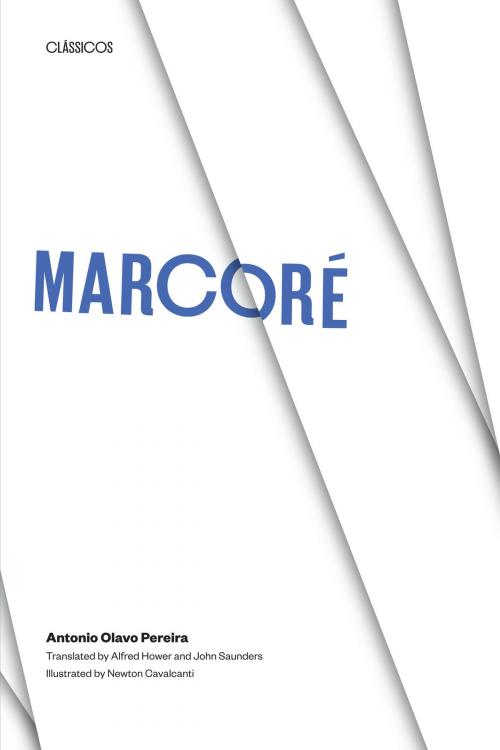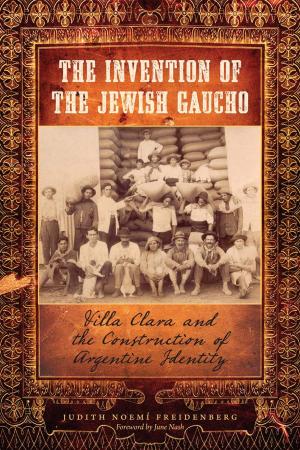| Author: | Antonio Olavo Pereira | ISBN: | 9780292771741 |
| Publisher: | University of Texas Press | Publication: | June 23, 2014 |
| Imprint: | University of Texas Press | Language: | English |
| Author: | Antonio Olavo Pereira |
| ISBN: | 9780292771741 |
| Publisher: | University of Texas Press |
| Publication: | June 23, 2014 |
| Imprint: | University of Texas Press |
| Language: | English |
Marcoré, first published in Rio de Janeiro in 1957, won the coveted prize for fiction awarded by the Brazilian Academy of Letters and has been praised by leading critics and writers in Brazil. The novel has maintained favor with the Brazilian public and has also been published and received with enthusiasm in Portugal. Adopting the intimist, introspective approach characteristic of such writers as Machado de Assis and Graciliano Ramos, Pereira tells a moving, bittersweet tale of personal problems and family relationships. The central character of Marcoré is the narrator, a modest, introverted individual who, aware of his own human condition, tends to view life with pessimism tempered with compassion. As the narrator reflects on his life and relationships in a small town in the state of São Paulo, an unobtrusive document of Brazilian family life unfolds. The novel contains several highly dramatic scenes as well as many tender and entertaining ones and introduces a set of very human, very credible characters, including a most irascible mother-in-law and a wife who makes a strange vow. The reactions, thoughts, and hidden motivations of the characters are revealed in precise and economical language—evidence of the author's powers of observation and knowledge of human nature. Rachel de Queiroz has described Marcoré as "a beautiful and tormented book." It has become a modern Brazilian classic.
Marcoré, first published in Rio de Janeiro in 1957, won the coveted prize for fiction awarded by the Brazilian Academy of Letters and has been praised by leading critics and writers in Brazil. The novel has maintained favor with the Brazilian public and has also been published and received with enthusiasm in Portugal. Adopting the intimist, introspective approach characteristic of such writers as Machado de Assis and Graciliano Ramos, Pereira tells a moving, bittersweet tale of personal problems and family relationships. The central character of Marcoré is the narrator, a modest, introverted individual who, aware of his own human condition, tends to view life with pessimism tempered with compassion. As the narrator reflects on his life and relationships in a small town in the state of São Paulo, an unobtrusive document of Brazilian family life unfolds. The novel contains several highly dramatic scenes as well as many tender and entertaining ones and introduces a set of very human, very credible characters, including a most irascible mother-in-law and a wife who makes a strange vow. The reactions, thoughts, and hidden motivations of the characters are revealed in precise and economical language—evidence of the author's powers of observation and knowledge of human nature. Rachel de Queiroz has described Marcoré as "a beautiful and tormented book." It has become a modern Brazilian classic.















